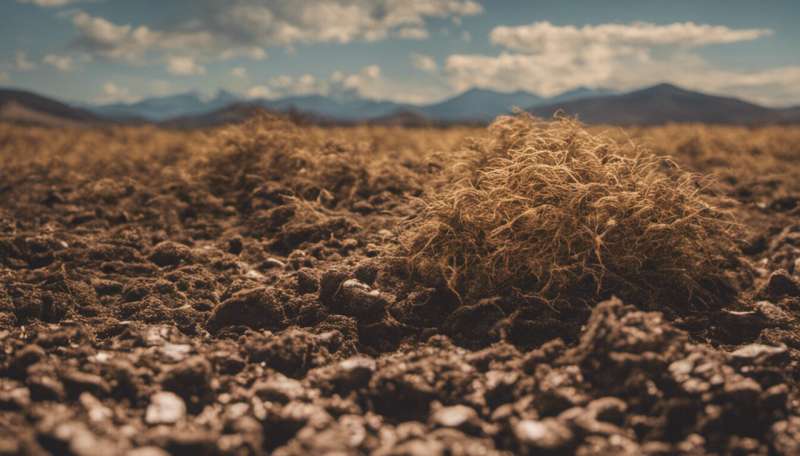Action to improve soil for global food security

As a society, we are becoming more aware of the many ways we can help support sustainable development and preserve the environment. Governments, scientists and international organisations are calling attention to soil: the basis for more than 90 % of world food production. With one in eight inhabitants of the world suffering from hunger, ensuring soil is managed and restored for global food security is vital. Soil is also important for sustainable development, and supports ecosystem services, biodiversity conservation and climate change adaptation and mitigation.
Every minute, 23 hectares of land face desertification, 5.5 hectares of land are transformed by urban encroachment (severely disturbing soil functions), and 10 hectares of soil are degraded, causing the soil to lose the capacity to support ecosystem functions. Soil is - in human terms - a non-renewable resource. In effect, the earth is being stripped of its cover at a rate much faster than can be replaced, thereby posing a direct threat to sustainability. Around the world, there is a continuous decline in soil quality; unequal access to fertile soil renders the livelihoods of many rural people vulnerable. This trend leads to food insecurity, contamination of water resources, desertification, and increased vulnerability to extreme climatic events.
Now action is being taken by the Global Soil Forum (GSF): it has initiated a process of fostering translation of soil knowledge into tangible action. The GSF also acts as a voice in the national and international policy debate, advocating for soil management approaches that contribute to achieving sustainable development and equitable access to this finite resource.
The forum recently launched the first Global Soil Week. More than 400 representatives of governments, scientists, international organisations, business and civil society met in Berlin, Germany, to consider the theme 'Soils for Life'. The event took place within the framework of the Global Soil Partnership and served as a platform to follow-up on the land- and soil-related decisions from the June 2012 UN Conference on Sustainable Development.
Professor Klaus Töpfer, executive director of the Institute for Advanced Sustainability Studies (IASS), Potsdam, and chairman of the Global Soil Forum, says: 'Without fertile soils, food security, poverty alleviation and climate change mitigation and adaptation will not be achieved. The Global Soil Week, being the first of its kind, requests politicians, land managers and civil society to address soils and land management as a core priority area now.'
Discussions at the event concluded that urgent and consolidated action was needed to strengthen science and technology, build partnerships for change and raise awareness about the issue. To accomplish this, key actions were proposed including, facilitating the science policy-public interface; and making the Global Soil Week a continuous process. In addition, developing an agenda for action also focused on multilevel governance for zero net land and soil degradation, sustainable land and soil management, and communication for change.
More information:
www.globalsoilweek.org/
eusoils.jrc.ec.europa.eu/Inter … onalCooperation/GSP/
www.iass-potsdam.de/
Provided by CORDIS
















